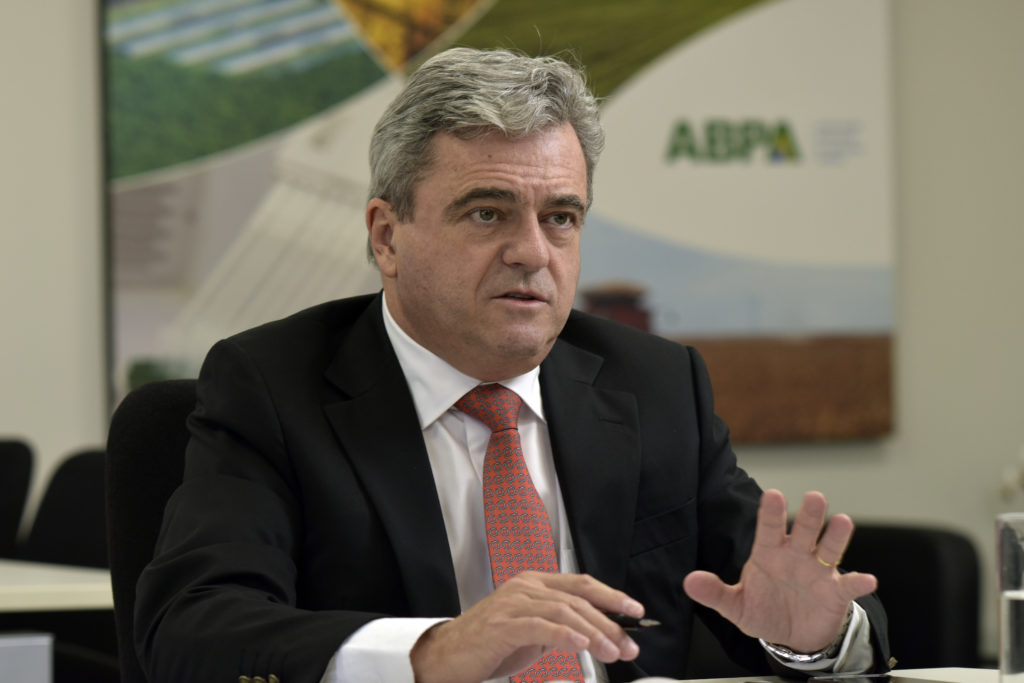São Paulo – The United Arab Emirates remained second among the leading buyers of Brazilian poultry protein, behind only China. In a press conference this Thursday morning (28), the Brazilian Association of Animal Protein (ABPA) released a balance for the first half of 2022 and projections for 2022 and 2023.
China purchased 293,909 tonnes of Brazilian poultry from January to June 2022, a volume 6.7% lower than in the same period last year. The UAE bought 245,034 tonnes in the first half, up 66.4% in the same comparison. Saudi Arabia clinched fourth and imported 163,135 tonnes, down 29.1%.
Among the leading countries with increased shipments were, in the first place, the UAE, with an increase of almost 100,000 tonnes in comparison to the first half of 2021, and in the sixth, Qatar, which recorded a 45% expansion in the same comparison, with 48,000 tonnes, 15,000 tonnes more than in the same period of last year.

ABPA president Ricardo Santin (opening picture) stated the UAE are not the new China but a major hub for re-exports to the Asian and Middle East regions. The entity’s Market director, Luis Rua, added the country’s location is much strategic.
Santin also recalled the BRF plant in Kizad, an industrial zone located in Abu Dhabi, the UAE’s capital city, was reaccredited for exports to Saudi Arabia; consequently, part of the poultry shipped to the UAE could be processed there and then sent to the neighboring country. Rua and Santin are optimistic about shipments to Saudi Arabia, even though there was a drop in the first half.
“Saudi Arabia returned to buy, in the last month, volumes at an average from before the suspension of the 11 plants, about 40,000 tonnes. Ukraine partly supplied the country, and this trade virtually ceased to exist. Due to its long-term partnership with Saudi Arabia, Brazil was invited to participate with an increased volume. So, in the coming months, if we continue along this line, we could see very positive numbers for Saudi Arabia as well, without taking away from the UAE, but complementing it,” stated Rua.
General exports
Overall, Brazil exported 8% more in volume and obtained 36% more revenue in this year’s first half compared to the same period in 2021. 2.423 million tonnes were shipped at USD 4.729 billion. The higher capital was due to global inflation and higher input costs (maize and soybeans), polyethylene (for packaging), electrical power, and international freight.
The growth forecast by ABPA is up to 6% in exported volumes in 2022 compared to 2021, between 4.7 and 4.9 million tonnes. For 2023, the same variation of 6% compared to 2022, with 5 to 5.2 million tonnes shipments, maintaining Brazil as the most considerable exporter of poultry protein in the world.
ABPA conducted an assessment of sector competitiveness and will provide the Brazilian government with some recommendations for the sector, among them, the implementation of commercial agreements with countries and strategic blocks, facilitation of imports of strategic inputs, reduction of the tariffs on electric power, and encouraging the use of photovoltaic energy, among others.
Translated by Elúsio Brasileiro




